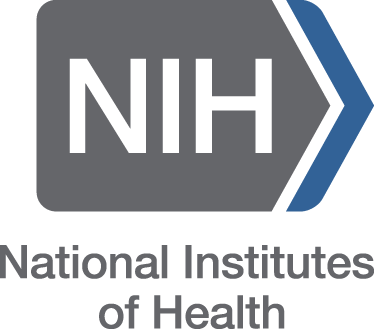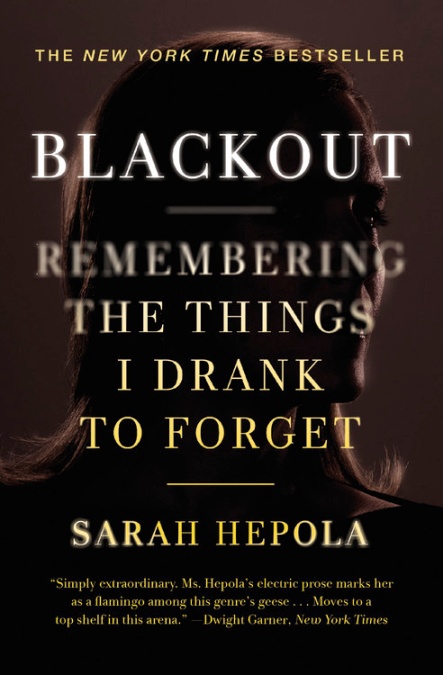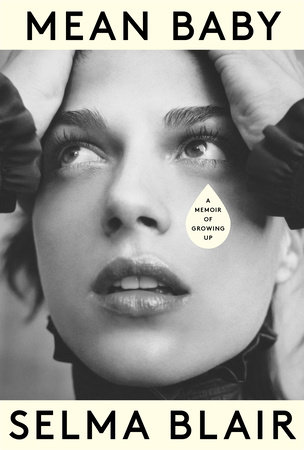Alcohol Use Disorder
Breadcrumb
Discover Recovery from Alcohol Use Disorder
One in 10 Americans age 12 years or older had alcohol use disorder in 2023.
Curious about you alcohol use? Use this quick assessment tool.
Discover MedlinePlus
MedlinePlus is a service of the National Library of Medicine, the largest biomedical library in the world. Use MedlinePlus.gov anywhere, anytime, on any device - for free - to discover high-quality health and wellness information that is reliable, easy to understand, and free of advertising, in both English and Spanish.
Discover information on:
- Alcohol
 Alcohol Use Disorder
Alcohol Use Disorder- Alcohol’s health effects: What you need to know | NIH MedlinePlus Magazine
- How much is too much? 5 things you need to know about binge drinking | NIH MedlinePlus Magazine
Discover NIH
 The National Institutes of Health (NIH) is the nation’s medical research agency — making important discoveries that improve health and save lives. NIH is made up of 27 Institutes and Centers, each with a specific research agenda, often focusing on particular diseases or body systems.
The National Institutes of Health (NIH) is the nation’s medical research agency — making important discoveries that improve health and save lives. NIH is made up of 27 Institutes and Centers, each with a specific research agenda, often focusing on particular diseases or body systems.
- National Institute on Alcohol Abuse and Alcoholism (NIAAA) advances research alcohol's impact on health. Their website holds many resources to learn about Alcohol's Effects on Health including Multilingual Resources, information about stigma Words Matter When Discussing Alcohol Issues: A New Stigma-Free Vocabulary for Better AUD Outcomes – National Institute on Alcohol Abuse and Alcoholism and information about treatment with Find Your Way to Alcohol Treatment | Navigator | NIAAA
- National Institute on Drug Abuse (NIDA) is the largest supporter of the world’s research on substance use and works with NIAAA. The agency also sponsors National Drug and Alcohol Facts Week® (NDAFW) to stimulate educational events in communities so teens can learn what science has taught us about drug use and addiction.
- National Institute of Mental Illness (NIMH) researches and transforms the understanding and treatment of mental illnesses through basic and clinical research, paving the way for prevention, recovery, and cure. [Source] People with a Substance Use Disorder (SUD) may also have other mental health disorders, and people with mental health disorders may also struggle with substance use. [Source]
- The Network of the National Library of Medicine is an education outreach program of the National Library of Medicine, the largest biomedical library in the world. The outreach efforts of the NNLM assure that researchers, health professionals, the public health workforce and the public are aware of and have access to quality health information.
Discover More
- Substance Use Disorders (SUD) Guide is a collection of trusted, high-quality resources on substance abuse. The guide is broken down by audience and includes specific resources for a general audience, libraries, educators, community-based organizations, public health, resources by age and population. The guide also includes recordings of SUD focused webinars that were sponsored by the NNLM.
- FindTreatment is a confidential and anonymous resource for persons seeking treatment for mental and substance use disorders in the United States and its territories.
- Drugs of Abuse | Learn. Genetics.
- Reducing Stigma: Understanding Addiction and Supporting Recovery | CDC
- Resources to Support Individuals and Families | SAMSHA
- Talking to Kids About Alcohol and Other Drug | SAMSHA
- Use MyHeathfinder.gov to find ideas to talk with someone about cutting back or quitting drinking and to find other easy-to-read Substance Use and Misuse information.
Featured Books
-
Title: BlackoutPublisher Grand Central PublishingYear published 2015Book image

-
Title: Come Home, IndioPublisher Street Noise BooksYear published 2020Book image

-
Title: Definitely Better NowPublisher HarperCollinsPublishersYear published 2024Book image

-
Title: Impossible PeoplePublisher Black Dog & Leventhal PublishersYear published 2023Book image

-
Title: Mean BabyPublisher Alfred A KnopfYear published 2022Book image

-
Title: No Lost Causes ClubPublisher Blackstone PublishingYear published 2025Book image

-
Title: StashPublisher Atria BooksYear published 2023Book image

-
Title: The UrgePublisher Penguin PressYear published 2022Book image

-
Title: Why We Drink Too MuchPublisher Macmillan PublishersYear published 2026Book image

Terms of use: Network of the National Library of Medicine (NNLM) staff offer these health discussion resources for educational use. The materials included do not necessarily reflect the views or opinions of the author, publisher, or the sponsoring agencies of the National Library of Medicine (NLM) and the National Institutes of Health (NIH).


